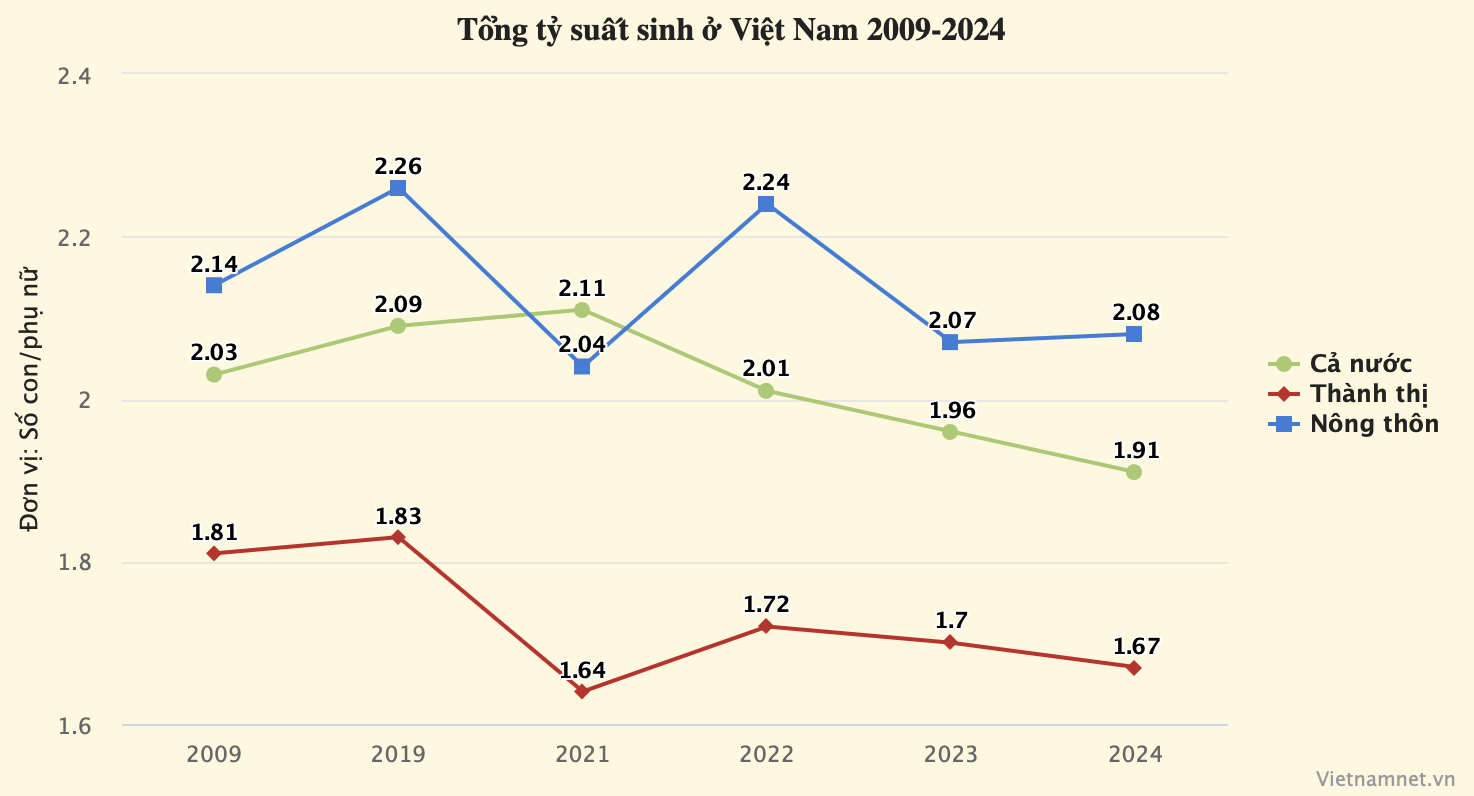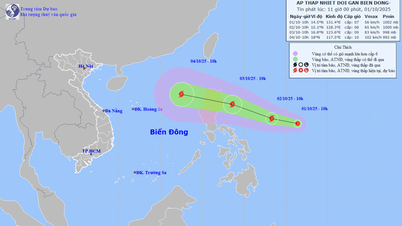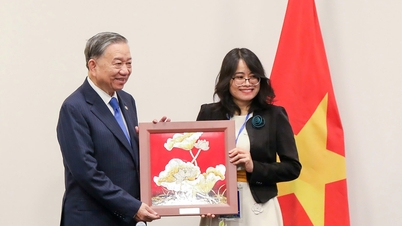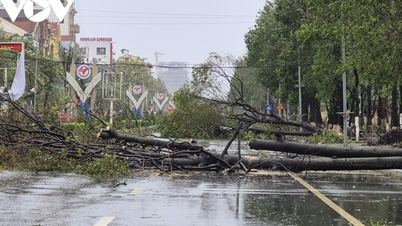The decision to have children is based on considerations of the value of children.
In a study on factors affecting the realization of the desired number of children in some provinces with low birth rates published in August 2024, Associate Professor, Dr. Nguyen Duc Vinh, Director of the Institute of Sociology, said that in modern society, most families want to have 2 children or less, but the actual number of children is often equal to or lower.
Recently, the expert announced the results of a survey of 1,200 women in 4 southern provinces and cities with low birth rates, including Khanh Hoa, Ho Chi Minh City, Soc Trang , and Ca Mau, showing that the majority of those surveyed wanted to have 2 children. However, the average total number of children planned to have is nearly 2, lower than the desired number. The "actual total number of children to be born" may be significantly lower than the "planned number of children to be born".

Reasons for “not intending to have more children” among women in 4 surveyed provinces/cities. Source: Research by Associate Professor, Dr. Nguyen Duc Vinh
Associate Professor Vinh cited theories on the value of children , stating that children always bring certain values or benefits to parents from giving birth and raising children. The more important these values are, the more couples want to have children and vice versa. Economic and social development leads to changes in the value of children and therefore changes the birth rate.
According to Associate Professor Vinh, researchers have identified many types of values that children have for their parents, which can be summarized into three main groups: Economic and material values (labor, security in old age) - Social values (reputation, social capital) - Spiritual and psychological values (maintaining happiness, joy, motivation to live). Modern society causes the values of children to decline sharply in the above order.
Studies in Vietnam and Asia often identify four main values of children to their parents: labor for the household; security and care in old age; succession and inheritance; and maintaining family happiness.
From another point of view, the decision to have children is an act of weighing and calculating the values that children bring to parents and the values lost due to giving birth and raising children.
"Even though the value of children exists, if the costs and losses from giving birth and raising children are too high, couples may still have few or even no children," Associate Professor Vinh said.
The mental cost of having children is higher than the physical cost.
Speaking to VietNamNet, Prof. Dr. Nguyen Dinh Cu, former Director of the Institute of Population and Social Issues (National Economics University), said that the generation entering the highest reproductive age is currently those under 35 years old. This is the generation born after the renovation (after 1986), even since 1990, growing up during a period when family planning policies in Vietnam were very strong.
"But they also grew up in the 4.0 era, the Internet, globalization, international integration, and lots of information. That generation does not have the need to have many children," he said.
According to the expert, one of the most profound social changes in Vietnam is the shift in reproductive behavior from instinctive, natural behavior to calculated behavior, investing in costs and benefits.
This concept of cost includes both material and spiritual. In material costs , according to a survey conducted in 2019 in the southern provinces by Professor Nguyen Dinh Cu and his colleagues, 91% of respondents said that the material cost of raising children is "high and very high", including housing, education, living, health care costs...
The economic costs are large and measurable, but the mental costs are also very heavy. 85% of people questioned in Professor Cu's research expressed the same. "From the time I became pregnant, I worried that my child would be born with a disability. After giving birth, I worried that my child would not be healthy, would not study well, would not be obedient, would not be determined, and would fall into vices... When my child grew up, I worried about unemployment, business losses... The worry about the mental costs was higher than the physical costs," the expert said.

The more educated and financially well-off people are, the fewer children they have. Illustration: Nam Khanh
Statistics from the General Statistics Office (now the Statistics Office) show that the average fertility rate of the “richest” group is 2 children, while the “poorest” group has 2.4 children. The “rich” and “average” groups have fertility rates ranging from 2.03 to 2.07 children. The group with less than primary education has 2.35 children, while the group with more than high school education has 1.98 children.
This means that the more educated and financially well-off people are, the fewer children they have. This group of people has high demands on the quality of their children and invests heavily in them (such as going to good schools, taking extra classes, studying abroad, which costs a lot), and does not care about quantity.
Regarding benefits, according to Professor Nguyen Dinh Cu, the economic benefits that children bring are decreasing, because parents have pensions and the elderly take care of their own lives. Meanwhile, regarding emotional benefits, many families feel that having one or two children is enough.
"This analysis shows that the cost is high but the benefits are decreasing, causing many people to not have children or have very few children," said Professor Nguyen Dinh Cu.
Vietnamnet.vn
Source: https://vietnamnet.vn/kinh-te-co-phai-la-ap-luc-duy-nhat-khien-nguoi-viet-ngai-sinh-con-2377892.html








![[Photo] Hanoi morning of October 1: Prolonged flooding, people wade to work](https://vphoto.vietnam.vn/thumb/1200x675/vietnam/resource/IMAGE/2025/10/1/189be28938e3493fa26b2938efa2059e)






























![[Photo] President Luong Cuong receives President of the Cuban National Assembly Esteban Lazo Hernandez](https://vphoto.vietnam.vn/thumb/1200x675/vietnam/resource/IMAGE/2025/9/30/4d38932911c24f6ea1936252bd5427fa)
![[Photo] Panorama of the cable-stayed bridge, the final bottleneck of the Ben Luc-Long Thanh expressway](https://vphoto.vietnam.vn/thumb/1200x675/vietnam/resource/IMAGE/2025/9/30/391fdf21025541d6b2f092e49a17243f)






















































Comment (0)